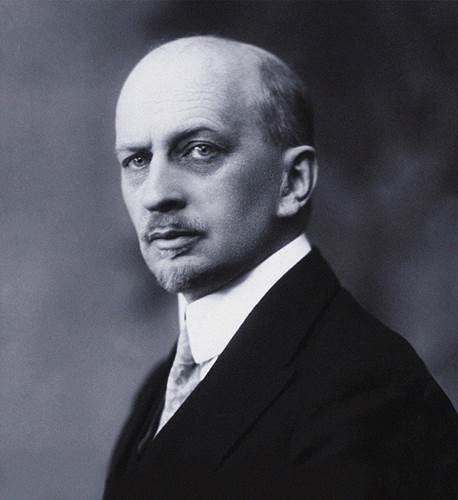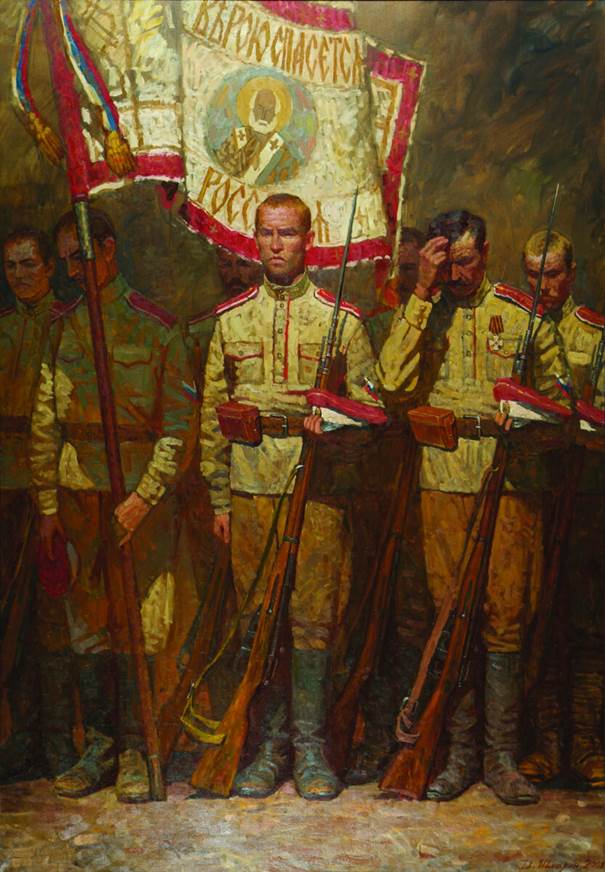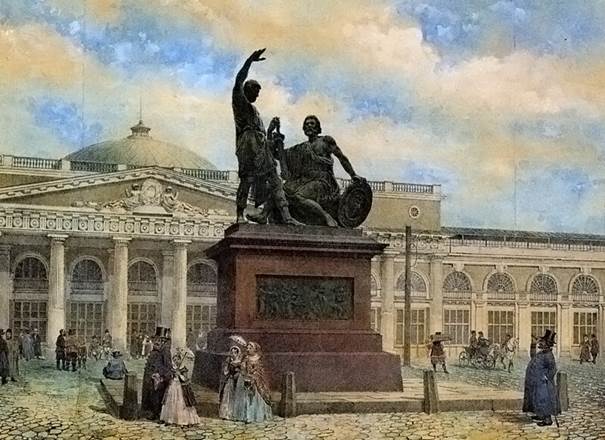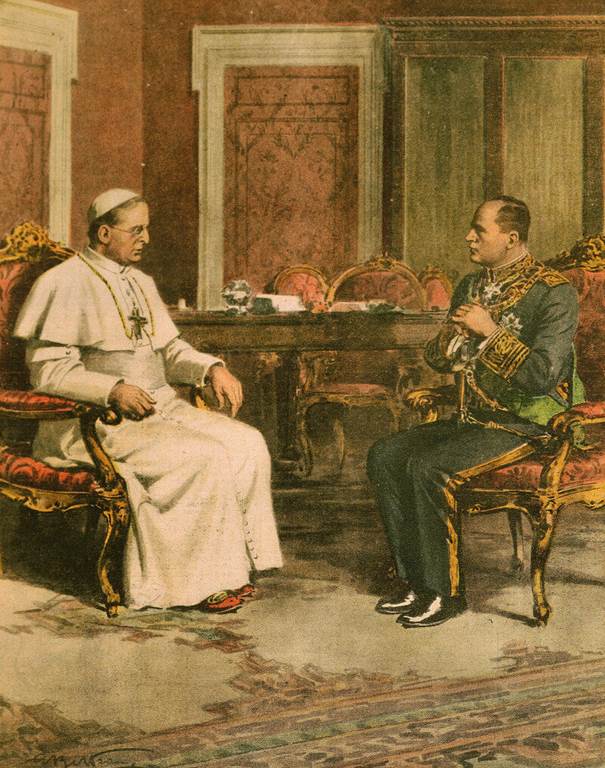Philosopher Ivan Ilyin about the White Guards and the Fascists
Ivan Aleksandrovich Ilyin did not fight in the ranks of the White Guards during the Civil War, but, nevertheless, he is often called the “ideologist of the White movement.” It is strange, because the White movement was formed without the active participation of Ilyin, although the latter, indeed, was an opponent of the Bolsheviks all his life.
I would rather call him the ideologue of the far-right part of the white émigré part. After all, I.A. Ilyin himself was exiled from Soviet Russia on the famous “philosophical steamship” (1922). And already abroad, Ilyin began to talk about fascism, the white cause, religion, the future of Russia, and so on and so forth.

Ivan Aleksandrovich Ilyin
You know, I’m not a particularly religious person (and Ilyin’s articles are extremely irrational and imbued with mysticism, in my opinion), and I was engaged in émigré philosophy “insofar as” (studying the white movement as a whole). Perhaps I would not have noticed Ivan Ilyin’s work at all (like many others, I am sure that most of the population does not even know who he is).
But now this philosopher is often quoted by the “top officials of the state”, including President V.V. Putin (“Whoever loves Russia should want freedom for it…” and so on). There is an opinion that Ilyin himself called the Russian White Guards “the first fascists.” This, at the same time, is not entirely true. Not at all.
Did I mention that Ilyin’s work is quite confusing and that it has changed over the decades (including due to “global changes in the world”)? So, initially, Ilyin had a warm attitude towards the fascists of Italy and the Nazis of Germany. But after the end of World War II, the regimes of Franco’s Spain and Salazar’s Portugal became his ideal (no wonder, because they survived).

White Guards-Drazdovtsy. Artist: Dmitry Shmarin.
In 1928, I.A. Ilyin’s article “On Russian Fascism” was published, in which the author compares the white movement and fascism. But, contrary to popular belief, he does not equate these two concepts, and I quote:
“The White movement is broader than fascism because it can arise, and historically has arisen, on completely different occasions and in completely different forms than fascism. It is deeper than fascism because it is precisely in fascism that the deepest, religious motive of the movement does not manifest itself at all, or does not act sufficiently. (c) I.A. Ilyin. About Russian fascism.
As you can see, it’s not that simple. In Ilyin’s world, fascism is a response to communist movements. But the “white movement” is something older than fascism and more diverse. For Ilyin, the “White Guards” were not only Kornilovites, Drazdovites, or Kappel’s followers. He calls the Second Militia of Minin and Pozharsky (1611-1612), the Dutch bourgeois revolution (and the leader William of Orange), and the fascists Benito Mussolini.

Yes, Minin and Pozharsky, according to Ilyin, are also White Guards. Well, thank you for not being fascists) Illustration: Upper Trading Rows in the mid-1850s. Lithograph by Daciaro based on the original by F. Benois.
At the same time, as we know, the White Guards are the “fifty shades of white”, a variety of movements and parties, from the monarchists to the Socialist-Revolutionaries. But it was precisely this important question that bothered Ilyin little. For him, the white movement was a “creativity” that existed in every era. A kind of sublime and religious ideas about “men-knights”. Fascism, on the other hand, is an invention of the 20th century, although it partly arose, according to I.A. Ilyin, thanks to the Russian “white cause”. Moreover, for Ilyin, fascism is necessarily a “struggle against the Reds,” while the White movement can be, in fact, a struggle against anything. Moreover, as Ivan Aleksandrovich believed, the White movement could be “harmful” for the country.
“Like all political life, the white movement is creativity applied to the real tasks and real possibilities of the country and the epoch. And what is salutary in one case may be harmful in another…” (c) I.A. Ilyin. About Russian fascism.
However, what amuses me a bit is that fascism is “not religious enough” compared to whites.
“Fascism respects God, ascetics, saints, heroes, and the faith that fills the hearts of ordinary people with prayer. Unlike Bolshevism, fascism does not try to expel God from human souls. (c) Mussolini B. La dottrina del fascismo.

Benito Mussolini and Pope Pius XI, 1930s гг. PS: illustration provided for educational purposes only. The author condemns fascism.
As far as I remember, Benito Mussolini came to an excellent agreement with Pope Pius XI. It is difficult to imagine greater loyalty to religion in those conditions. Although it is possible that Ilyin was simply not satisfied with Catholicism as such.
It’s funny, but in the end, Ilyin comes to another conclusion: if there is a white movement without fascism, then fascism can also be without a white movement and evolve into some idea of “party cause for party purposes.”
Thus, it cannot be said that Ivan Ilyin equated the White Guards and the Fascists, although he felt a certain sympathy for both. But in his “world of philosophy” these concepts were not equivalent…
